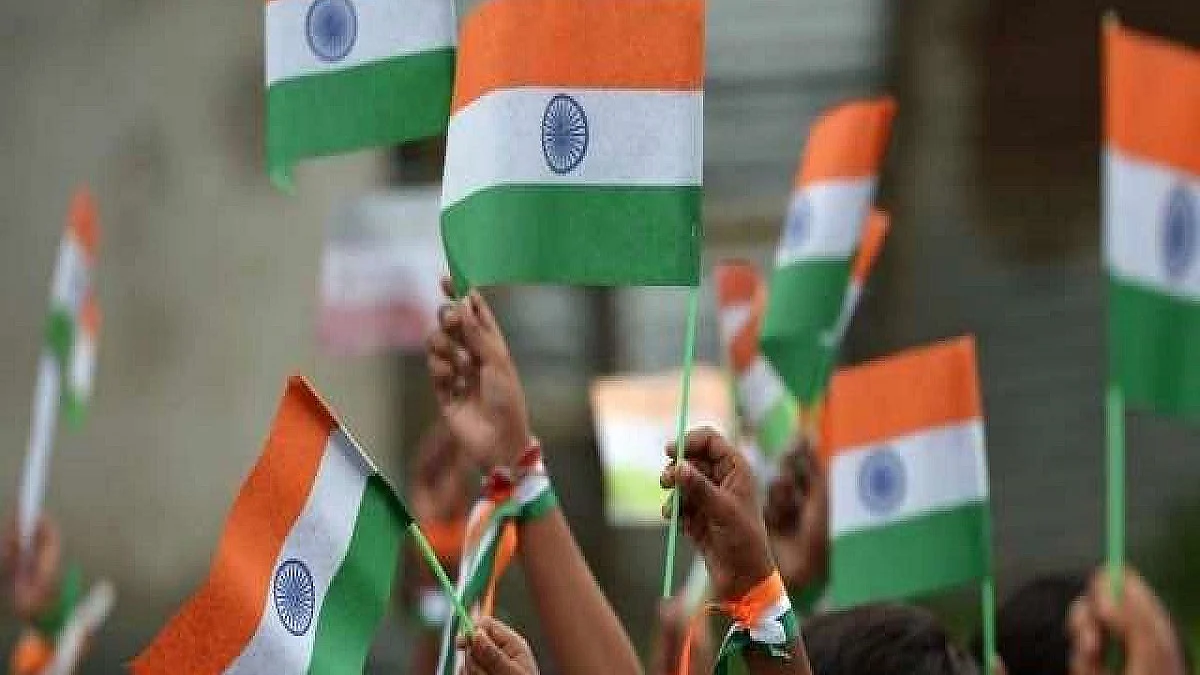Pray for sunshine on Independence Day, 2020: What we need is a ‘Renaissance’
It is by no means the inevitability of Hindu Rashtra, which is not inevitable, that should occupy our mind. It’s the long, arduous journey ahead and challenges before the nation that we must address

India celebrates its 74th Independence Day as never before. COVID-19 continues to cast a pall of gloom and uncertainty; the economy is shaky and people continue to be divided by the past and present.
Some people believed that PM Modi has divided Hindus from Muslims and other minorities. Instead he seems to have divided Muslims from other Muslims. Ideology and faith have transformed into transactional expectations. As God gets a temple in Ayodhya, mosques, temples, gurudwaras and churches have closed their doors on the faithful.
Yet the ‘Mood of the nation’ polls show approval ratings and popularity of PM Modi that would embarrass African dictators. Besides, the ‘bhoomi pujan’ in Ayodhya is seen by supporters of the regime, as indeed by critics, as the foundation of the new ‘Republic’ or the much-awaited Hindu Rashtra. But of-course much has yet to be done. Hindu Rashtra might have second class citizens who always have to give way to Hindu citizens, but how would it figure out what to do when a Hindu disagrees with a Hindu? We do know from our experience that differences are inevitable not just in matters of religion but more so in civil life.
Many people believe that the jury is still out on the inevitability of the ‘secular’ Preamble to the Constitution giving way to a theocratic construct. Of course, some people have actually made bold to approach the Supreme Court to remove the words ‘secular and socialist’ from the Constitution.
The mind boggles at how the best judicial minds would get past the fortress like barriers of jurisprudence created by the doctrine of the basic structure of the constitution, even if persuaded by brilliant advocates to make an attempt.
Interfering with the basic structure means that the Constitution will no longer be what the people of India gave to themselves on 26 of January 1950. The basic structure includes equality and liberty; our understanding of constitutionalism, described in recent times as constitutional morality, is that democracy is the rule by majority but within certain limits or red lines that even the majority must respect. False logic and populism can confuse the ordinary citizen temporarily but not cause him to withdraw the consent given in 1950.
Our commitment to the constitution was focused on its transformative character which, while preserving certain core values we gathered from the independence movement led by Mahatma Gandhi, would steer us to a modern, scientific temper that would provide opportunity and fair participation in national life.
The pursuit of happiness is always the underpinning of a national aspiration but we chose to seek happiness in an enlightened world view. There can be no quibble if some politicians seek to give expression to the Hindu way of life since the Indian way must indeed have the former reflected in it as the culture of the majority. But it will also reflect the culture of Muslims, Buddhists, Jains, Sikhs, Christians, Jews, Parsees, et al. Furthermore, India cannot be captive to transactional instincts because our heritage includes altruism or paropkar.
If only the Independence Day message was for ‘Paropkari desh bhakti’. The gift we need is not a new Republic but a renaissance; not a diminishing of the Constitution but a rebirth of the passion and vision that gave India a remarkable array of freedom fighters.
Some wonderful things have happened in India since the stroke of the midnight hour in 1947 and continue to happen. But the celebration of our success must also bring reflection on much that has gone wrong or remained unaddressed.
We still have a huge percentage of our population under the poverty line and constant stress that many above can slip under with a little something going wrong.
The Ayushman scheme for medicare still leaves huge numbers uncovered. The Covid-19 lockdown bared the stark reality of the inadequacy of the ‘social safety net’ as hundreds of thousand working class families walked long distances in extreme distress.
RTE is impressive to look at but of little comfort to children who beg on the streets. We extend support for food, shelter and medicare but legal aid services are of no avail to innumerable middle class and people from weaker sections forced into litigation.
While we can justly feel that we have accomplished a great deal, is it not sad that to impress visiting dignitaries we have to make fresh walls to cut off squalor and poverty. The PM may not have time for Nehru’s modern temples like Bhakra Nangal and Indira Gandhi’s Garibi Hatao but should open his eyes and mind to the truth about the garbage that continues to surround us despite Swatch Bharat.
And while he is at it, he might do us the favour of ensuring that his beloved bhakts do not litter the intellectual space of India. If they want a Hindu Rashtra, let them at least keep it clean and sanitised.
We are told that sunshine is the best natural disinfectant: let us pray for some sunshine this Independence Day.
(The author is former External Affairs Minister and MP, author and law teacher)
Follow us on: Facebook, Twitter, Google News, Instagram
Join our official telegram channel (@nationalherald) and stay updated with the latest headlines